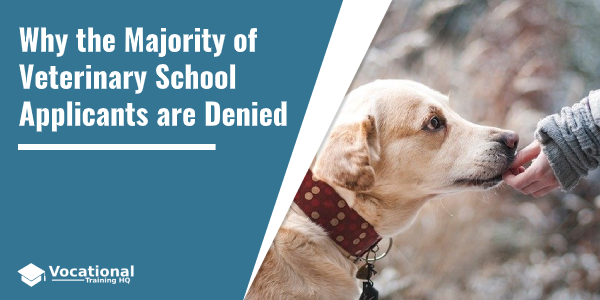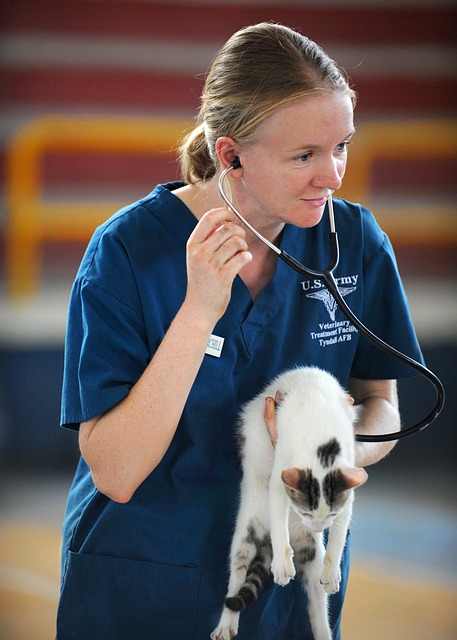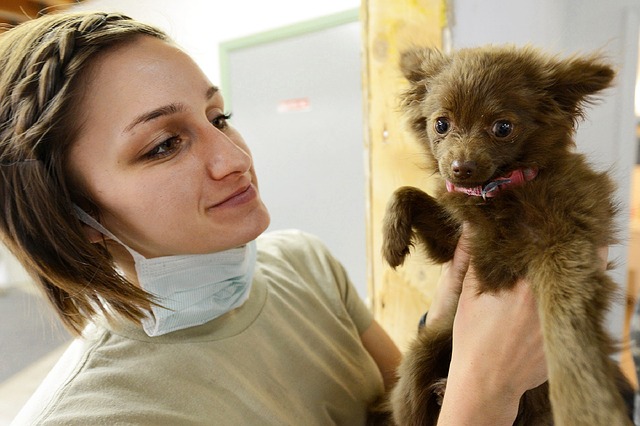Applying to a vet college is a relatively complicated procedure and can even become a long journey to get to that point.
The application process is only half of it but waiting for acceptance or denial is a worrying time for aspiring vets.
Similar to med school, the admission to a veterinary college is very competitive.
The rate of acceptance is about 10% to 15%.
Also, 50% of accepted applicants (or more) reside in the same state where the college is located.
Some vet colleges accept around 50% of applicants from within their state, while others take over 80% of those.
Applying to a vet school in the same state where you reside seems to be more advantageous.
Not all states have vet colleges, so applicants may have to apply to places far away from home.
Vet colleges are located in 27 states, and California, Alabama, and Tennessee have more than one.
In the US, there are 30 accredited vet colleges, and applying to multiple schools more than once is quite common.
When applicants don’t have any more options, they can always try to attend a vet college in the Caribbean or even in Europe.
However, these are quite costly options.
One of the difficulties in being accepted to a vet college is due to limited availability.
There are far fewer vet colleges than medical schools across the US.
There are numerous med schools in the country and more openings for doctors annually.
Of course, the demands for med school applicants are rigorous.
But in comparison, a lot more applicants are accepted to medical school than to veterinary schools.
There is one common difference between applicants to vet schools and med schools.
Becoming a doctor brings one an elite social status and a hefty paycheck.
Most vets, on the other hand, get in the field because of their genuine love for animals.
Not always this kind of care and dedication is present among people pursuing a career in human medicine.
Because of this, getting a denial from a vet college can be tough.
So many applicants try to build a resume that goes beyond education.
This implies gaining real-world experience in vet medicine.
Every little bit helps much in such a competitive field.
Also, many schools recommend applicants to gain at least 1,000 hours of experience in some sort of veterinary capacity.
Considering all this, it takes more than just good grades to be accepted to a vet school.
GPA and test scores are only a part of it.
There are also helpful factors when it comes to applying.
For instance, there are more females in the vet profession, as less than 30% of vets are males.
Another shortage is in specialties related to large animals.
So those looking for a career in this specialty can increase their chances for admission.
Still, gaining admission is difficult, so many aspiring vets go to the Caribbean or overseas to get into a veterinary school.
Getting into a school in Canada is also hard, as there are only five accredited vet colleges in the country.
Pursuing vet education outside the US usually results in higher student debt, living, and relocation expenses.


